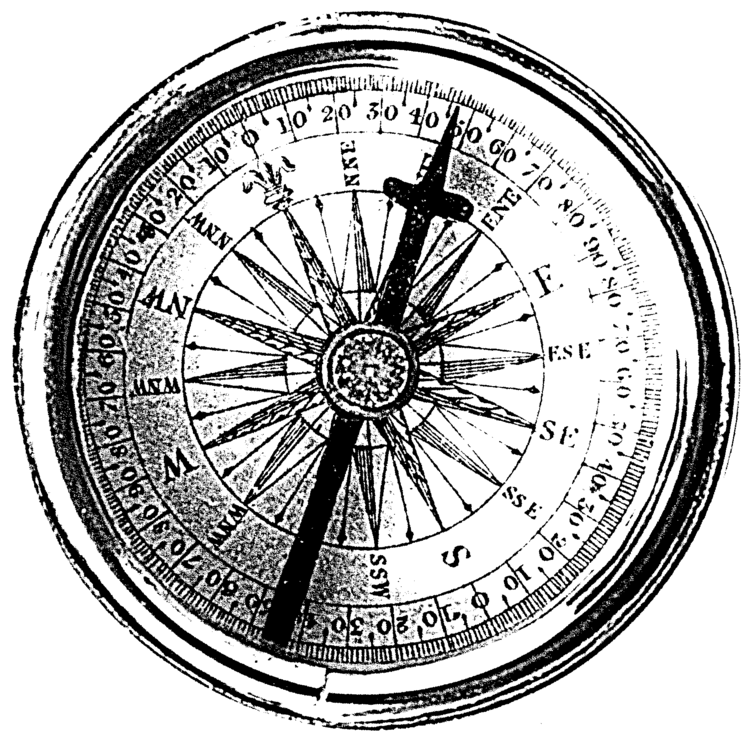The koala lay dead in the bracken. Two things struck me. Firstly, it was quite a substantial corpse when stretched out, perhaps the size of a three-year-old child. The second was the way that the rain had effected its fur, creating tufts much like a barber might, using “product” at the request of a self-conscious teenager.
I had fled Melbourne, escaping to the coastline west of Apollo Bay. At the time I didn’t know it, but it turned out to be a few rare days of freedom, sandwiched between two lockdowns. I’m not sure why I sometimes feel the need to be alone, completely alone, not for a few hours but for a few days. Perhaps it’s a futile attempt to cleanse the mind of the chatter of hourly news grabs, adamant undercooked opinions and the relentless mapping of what the future might hold…these are the things that rattle around my head on any normal day. I hate the expression “to be present”, but I know what it means, and I can’t think of a better one... This three-day window would be a chance to be present… to genuinely feel the anticipation in firmly lacing up a pair of well-worn walking boots, to experience satisfaction in rolling up a wet tent, to swing a 20kg pack onto my shoulders, and feel reassurance in the weight rather than dread.
And then there’s the walking. The late Bruce Chatwin is no longer the golden boy of literature that he once was, but I grew up in awe of his eloquence, charm and insatiable need to adventure. His book “Songlines” while still entertaining, is largely discredited, however I still remember this observation….
“As a general rule of biology, migratory species are less 'aggressive' than sedentary ones. There is one obvious reason why this should be so. The migration itself, like the pilgrimage, is the hard journey: a 'leveller' on which the 'fit' survive and stragglers fall by the wayside. The journey thus pre-empts the need for hierarchies and shows of dominance. The 'dictators' of the animal kingdom are those who live in an ambience of plenty. The anarchists, as always, are the 'gentlemen of the road'.”
There are pros and cons in undertaking a multi-day walk in the middle of winter. You get the best campsite, your footprints are the only ones on the beach, and the wallabies look at you like you’re crazy before returning to their grazing, rather than bounding off into to undergrowth. Over the 50km walk, I came across no other hikers. A couple of tourists scurried from their car onto the viewing platform at Cape Otway and a four-wheel driving fisherman, huddled under an umbrella at Aire River. But otherwise, I was completely alone. The wind was cold and cutting and heavy showers scudded across the track from the northwest before heading out to sea, often accompanied by a fleeting rainbow. The nights were long. Being in my sleeping bag by 6pm listening to the “crump” of the Southern Ocean waves on the beach close by, meant a good 12 hours wait before the fly sheet began to glow with the first pre-dawn light. And the bones creak badly these days, as I coax the camping gear back into my pack in the half light.
The first day was hard. Twenty kilometres walking and a 600-meter climb; lots of mud, a racing mind left over from the previous weeks of urban lockdown and of course, the expected sore feet. The second day was shorter. The rain on my face felt real, connecting me with the world I was walking through, rather than feeling unpleasant and alienating... and a rhythm developed in my stride. By the time I had completed the twelve kilometres of day three, I didn’t want to stop.
I had gained a deep satisfaction from this very modest achievement… I also felt a little healthier and clearer headed. I will remember for a long time the plumes of spray being clipped by the first rays of morning light as they lifted off the back of the massive waves at Station Beach. I’ll remember the icy water flowing between my toes as I waded across the fast-flowing river at Parker Inlet. And I’ll remember an overwhelming but reassuring feeling of impermanence as I looked down on the Koala in the bracken.







